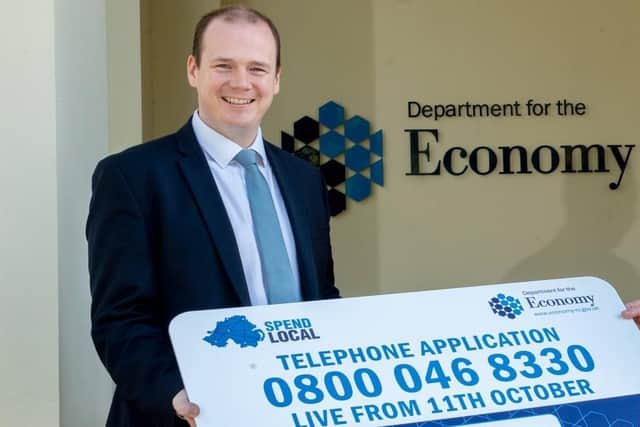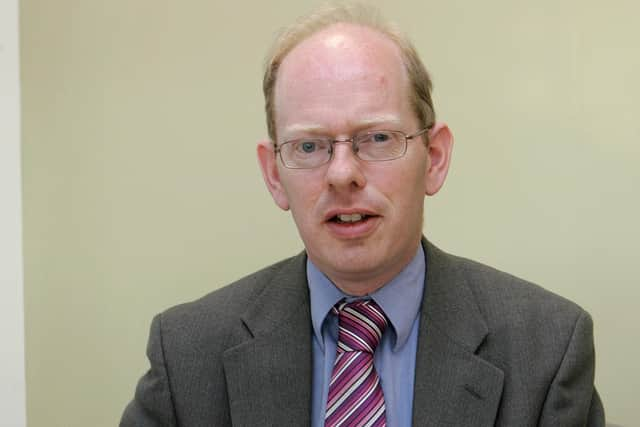Economist: The warnings about pitfalls with Stormont’s £100 card for Northern Ireland high streets have been justified by data on how the money was spent


This is true to an extent. This has been used as the rationale for a number of innovative (and expensive) government policy schemes around the world during the Covid pandemic.
That said, previous experience (from the US and from the Channel Islands) did provide warnings that the distribution of cheques/cash hand outs to households would be a relatively expensive way of stimulating the economy.
Advertisement
Hide AdAdvertisement
Hide AdStormont’s High Street stimulus came along relatively late in the day (in the run up to Christmas 2021 — that in itself raises questions).


It was always going to be likely that a high proportion of the money given out would be used to finance spending which would have happened anyway (economists call this ‘deadweight’ and two economists at Queen’s University, Prof John Turner and Dr David Jordan warned about that).
Well, Wednesday’s Nisra (Northern Ireland Statistics and Research Agency) figures point to a lot of such deadweight in Northern Ireland — about 37% of the £136.5 million was spent in supermarkets, food stores and off-licences (all of which remained open even during the most restrictive lockdowns).
Surveys conducted for the Economy Department in the autumn of 2021 indicated that over two-fifths of respondents intended to use the cards to buy things they were going to buy anyway (and 11% said they would spend all/most of the money in large international companies).
Advertisement
Hide AdAdvertisement
Hide AdIt cannot be denied that some of the £150m or so spent on this scheme (note, there was some spending on promotion and no doubt a fee to the commercial company that supported the cards) did end up ‘stimulating the High Street’ but it does look likely that other uses of the £150m would have had greater value for money in terms of hitting worthy economic or social objectives.
An interesting (and worrying) question is this: what the ultimate paymasters of Stormont, the Treasury in London, made of this experiment in economic policy making?
• Dr Esmond Birnie is senior economist at Ulster University Business School. He gives independent economic commentary from his position as such an economist. The views expressed here are not a corporate view from the NI Fiscal Council
Advertisement
Hide AdAdvertisement
Hide Ad• Ben Lowry: Boris Johnson is under-estimated by his enemies